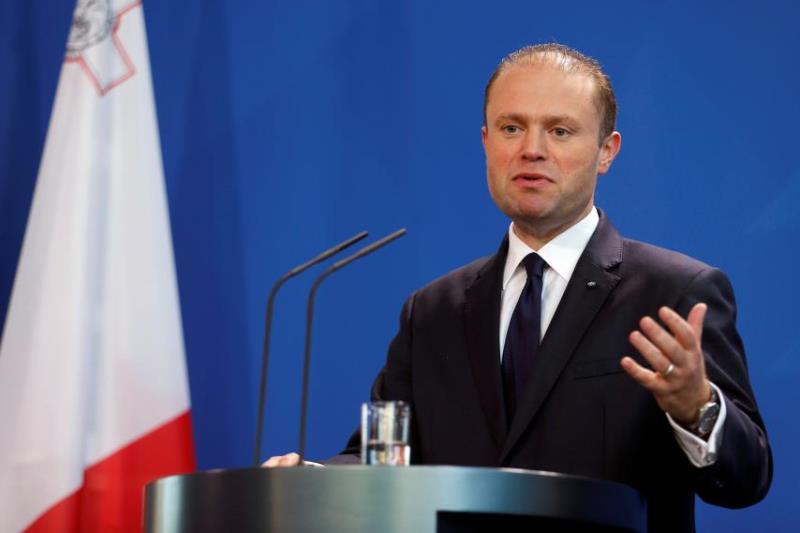
The Maltese Prime Minister made a visionary speech at the UN, highlighting the importance of blockchain and cryptocurrencies.
Dr Joseph Muscat, Prime Minister of the Republic of Malta addressed the general debate of the 73rd Session of the United Nations General Assembly in New York recently, highlighting the importance of blockchain technology and cryptocurrencies.
Prime Minister Muscat talked to the UN General Assembly about the environmental and humanitarian challenges that the world, and Malta in particular faces, and stressed the need to fight against the simplistic populism and nationalism now sweeping part of the world, including Europe, before going on to detail the country’s approach to emerging technologies.
Muscat has long been an enthusiastic supporter of the emerging blockchain, cryptocurrency and AI technologies, having helped transform his tiny Mediterranean island nation (the smallest member of the European Union), into what is now being called ‘Blockchain Island.’
Malta already had a thriving tech sector, being one of the global hubs of the iGaming and online sports betting industries, but has lately being encouraging fintech and blockchain companies to establish bases on the islands.
On the 1st November, the Virtual Financial Assets Act (VFA) and the Innovative Technology Arrangement and Services Act (ITAS) will come into force in the country – making it the world’s first jurisdiction to give a complete legal framework for blockchain and AI ventures.
During his speech, Muscat pointed out the promise of new technologies, saying:
“A way forward that Malta advocates, is the harnessing of new technologies which pose endless possibilities. We are currently in exciting technological times, with the lightning pace of current technological advance, each incredible piece of new innovation could hold a new solution to problems that may have been persisting for decades. From advanced robotics and AI to 3D printing and IOT.”
He also acknowledged potential problems associated with the rapid pace of technological change, including unemployment, alienation and changes in fundamentally held concepts and assumptions, but pointed out that being hostile to such change was only a short-term and ultimately damaging approach, before going on to say:
“Those who are able to pair the digital economy with a new state, the digital state, will be best poised to have a future-proof society. While change does not galvanise extremes, but provides for other decades of sensible mainstream policy making and prosperity.”
Moving on to mention blockchain and cryptocurrencies specifically, he continued:
“I passionately believe technology revolutionizes and improves systems. This is why in Malta, we have launched ourselves as the blockchain island. By being the first jurisdiction worldwide to regulate this new technology that previously existed in a legal vacuum. Blockchain makes cryptocurrencies inevitable future of money, more transparent, since it helps filter good business from bad business.”
He also suggested how distributed ledger technology could be used to make the healthcare industry more efficient, how it could ensure that humanitarian aid reached its intended destination and how it could make corporations more accountable.

